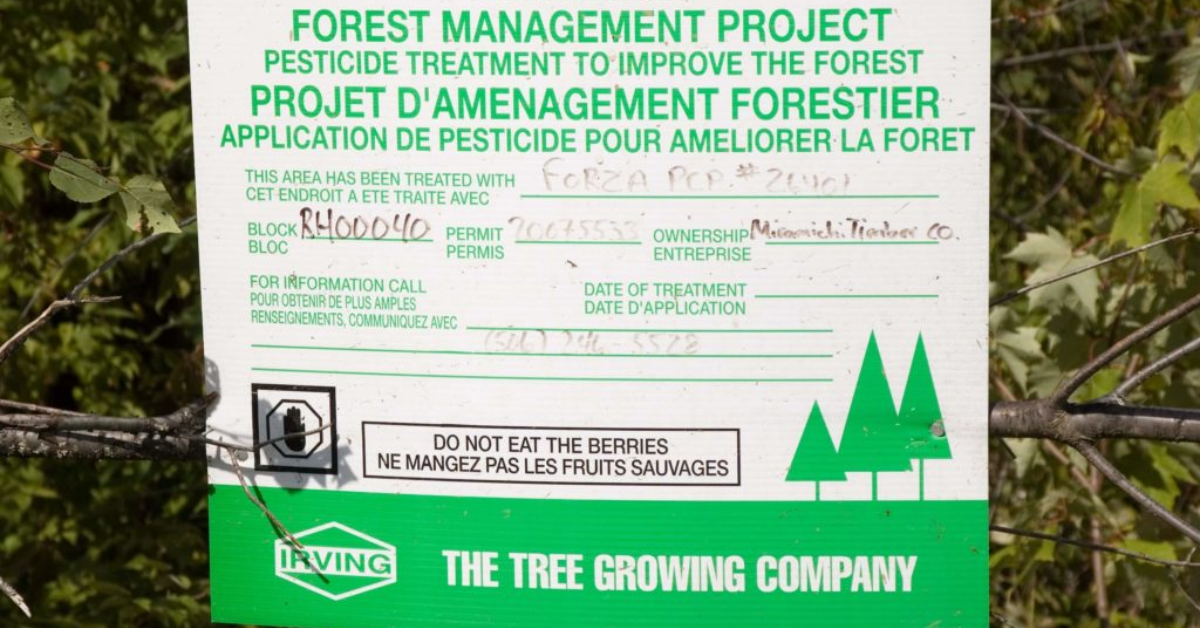A California appeals court has ordered the US Environmental Protection Agency to review glyphosate, saying its 2019 re-authorization did not adequately consider the human health and ecological risks associated with the herbicide’s use.
The 3-0 opinion from the 9th U.S. Circuit Court of Appeals sends the EPA back to work, saying the agency’s finding that glyphosate posed no risk to human health “was not supported by substantial evidence,” and, “EPA’s errors in assessing human-health risks are serious.”
The opinion also says, “critics said EPA shirked its duties under the Endangered Species Act. We agree and remand to the agency for further consideration.” That means the court-ordered review — with an October 2022 deadline — directs the US EPA to consider glyphosate’s impact on species like Monarch butterflies, endangered bumble bees and other wildlife.
In Canada, the Federal Court of Appeal sent Health Canada’s Pest Management Regulatory Agency back to the drawing board, too, with a February 2022 decision saying the PRMA must review its 2017 glyphosate license renewal, giving the department strongly-worded direction on how to conduct a proper review to avoid “the endless merry-go-round” of court applications.
Last year, Bayer, the multinational pharmaceutical and chemical company based in Germany, said it was removing glyphosate from its residential lawn-and-garden products beginning in 2023. It has also set aside $4.5 billion to deal with current and anticipated legal decisions, on top of the $10 billion it has already spent settling cases since it acquired Monsanto in 2018.
Glyphosate is the main active ingredient in most herbicides used in Crown forest operations in New Brunswick. It’s found in products like Vision, Vision MAX and Roundup and has been linked to cancer in humans and a host of other health problems.
In 2016, New Brunswick’s Chief Medical Officer of Health’s Action Plan on Glyphosate found that New Brunswick uses more glyphosate per hectare of harvested forest than any province in Canada. The Conservation Council has long advocated that the province stop the old-fashioned, citizen-funded practice of spraying the forest.
Learn more about forestry reform and nature protection in N.B.
Learn more about forestry reform and nature protection in N.B.

